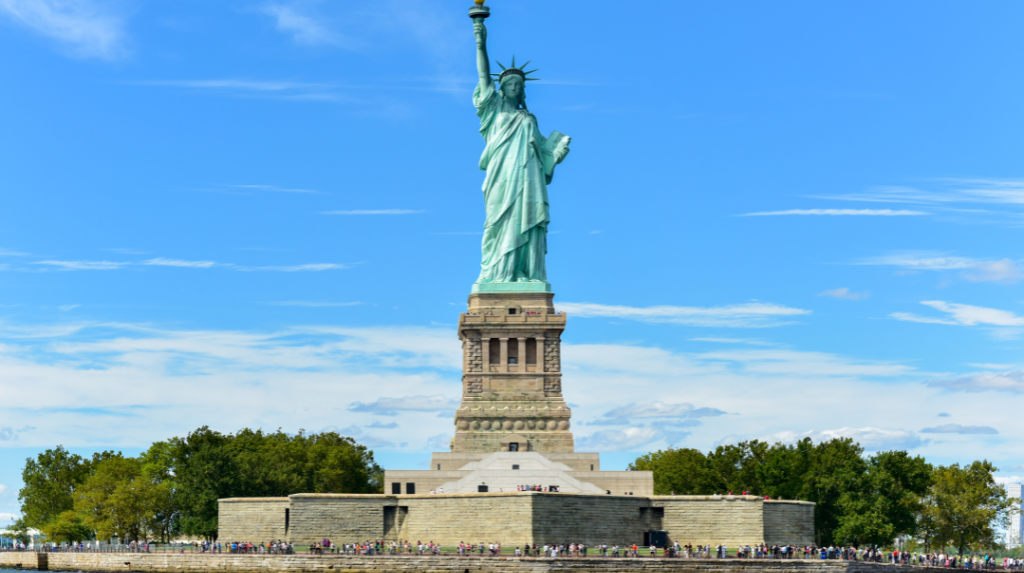You are looking for a green card, but because you’ve been living in the United States without documentation, your unlawful presence could amount to a denial of your application. This guide explains how to use a ‘provisional waiver’ to overcome the risk that your unlawful presence will deny your application for legal permanent resident status.
Understanding the Problem
If you have been living in the U.S. without documentation, you must also travel abroad for the green card interview with a US consulate in your home country, since illegal entry to the United States typically disqualifies an alien from adjusting status in the United States. The new law also carries the risk of having your earlier unlawful presence discovered at the consulate interview and resulting in a denial of your immigrant visa.
The Solution: Provisional Waiver
A stateside waiver can help you in this situation. This waiver addresses the issue of unlawful presence. Here’s what you need to know:
What is a Provisional Waiver
- Benefit: Allows you to stay in the U.S. while USCIS reviews your waiver request.
- Approval Advantage: If your waiver is approved, you can leave the U.S. knowing that your visa is likely to be approved. Though rare, a consular officer can still deny your visa.
- Denial: If denied, you learn while still in the U.S. This allows you to reapply or seek legal advice before attending the consular interview.
Eligibility
Originally, only immediate relatives of U.S. citizens could apply. Since 2016, eligibility has expanded to include those qualifying for visas through family, employment, the diversity visa lottery, or special classifications. Key requirements include:
- You must be at least 17.
- Must be physically in the U.S. when applying.
- You cannot have other grounds of inadmissibility like criminal issues. If such issues arise, your approved waiver could be revoked.
- Show that denying the waiver would cause extreme hardship to your U.S. citizen or lawful permanent resident spouse or parent.
Application Process
Here are the steps to apply for a provisional waiver:
- Program Acceptance: Secure a position in an eligible cultural exchange program.
- Employer Petition: Your U.S. employer files a petition to USCIS detailing the program and how it meets requirements.
- Visa Application: Once the petition is approved, complete your visa application, including forms, documents, and proof of approval.
- Visa Interview: Attend an interview at a U.S. consulate or embassy. Be prepared to discuss your plans and qualifications.
- Biometric Data: You might need to provide fingerprints and a photo.
- Visa Issuance: If approved, you’ll receive your Q-1 Visa, allowing you to start your program in the U.S.
What happens if my provisional unlawful presence waiver is denied
If your provisional unlawful presence waiver (Form I-601A) is denied, several important consequences and options are available:
Consequences of Denial
- No Appeal or Motion: You cannot appeal the denial or file a motion to reopen or reconsider it. This means that once a decision is made, it is final.
- Potential Removal Proceedings: Generally, a denial does not automatically lead to removal proceedings; however, if you are considered a priority for enforcement (due to criminal history or other serious issues), you may be referred to Immigration and Customs Enforcement (ICE) for removal.
- Inadmissibility Issues: If your waiver is denied, you may still face inadmissibility issues based on your unlawful presence or other grounds. If you leave the U.S. for consular processing without resolving these issues, you could be stuck outside while waiting for a new waiver application to be adjudicated.
Options After Denial
- Re-filing the Waiver: You can file a new Form I-601A if your immigrant visa case is still pending with the Department of State (DOS). This new application must include any additional documentation that addresses the reasons for the initial denial.
- Applying for a Traditional Waiver: If your provisional waiver is denied, you may also apply for a traditional waiver (Form I-601) after attending your immigrant visa interview abroad. This option allows you to address any other grounds of inadmissibility identified during the consular interview.
- Consulting an Immigration Attorney: Given the complexities involved in immigration law and the potential consequences of a waiver denial, consulting with an immigration attorney is highly advisable. They can provide guidance tailored to your specific situation and help navigate the re-application process or any necessary waivers.
In summary, while a denial of your provisional unlawful presence waiver can complicate your immigration status, there are pathways available to address the situation, including re-filing or applying for traditional waivers.
Getting a green card, especially after living in the U.S. without proper documentation, can be tough. However, a provisional waiver can help you overcome the challenge of unlawful presence. Seek guidance from immigration professionals to ensure a smooth path to permanent residency.
How Law and Visas Can Help?
At Law and Visas, our team of expert immigration consultants is here to make your travel to the United States straightforward and successful. Whether you’re applying for a Family-Sponsored Immigrant Visa or a Diversity Visa Lottery, we handle every step—from preparing your application to gathering the required documents.
Our Immigration Consultants and Lawyers ensure that your application meets the highest standards, with no details missed. We’ll also keep you informed throughout the process and coordinate with the immigration office or embassy on your behalf.
Law and Visas has a strong record of helping clients secure the visas/permits they need to visit the United States. Call us today at +234 812 5505 986 to learn how we can assist you.





